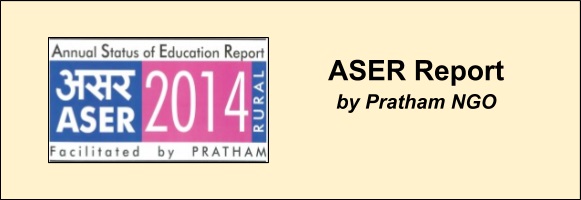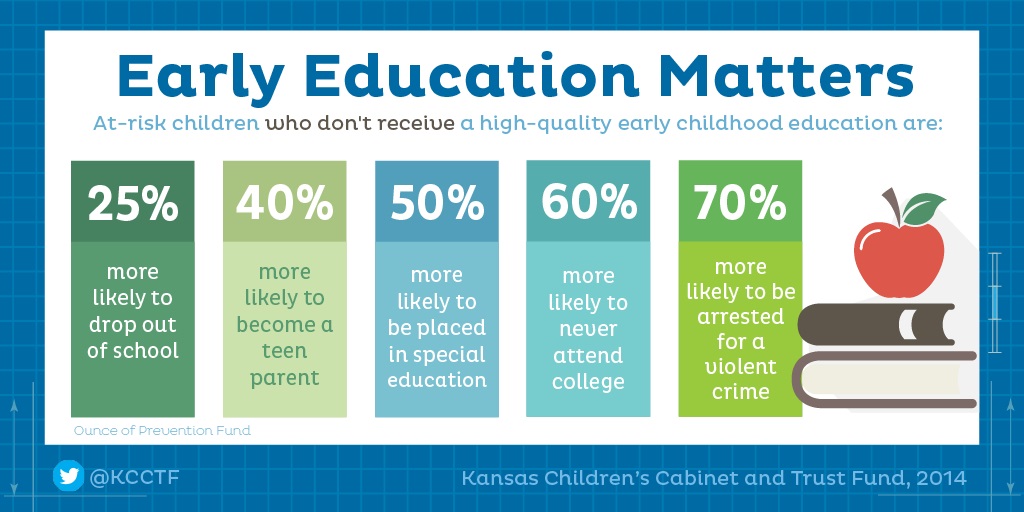ASER Report by Pratham NGO : Important Topics for UPSC Exams

ASER Report by Pratham NGO : Important Topics for UPSC Exams
Introduction
-
ASER report 2017 released by Pratham NGO focused on age group 14-18 unlike earlier reports which focused on 6–14 age group.
-
It released only district-level estimates of the condition of education system after surveying 28 rural district in 24 states.
Early education

Buy Printed Complete Study Materials for UPSC IAS PRELIMS Exam
Online Crash Course for UPSC PRE Exam
Major findings of the report
-
14 % rural Youth of age group 14-18 could not identify map of India.
-
36% did not know that Delhi is India’s capital.
-
25% still cannot read basic books in their own language.
-
Only 14.4% are currently not enrolled in formal education and majority are enrolled.
-
But still about 42% of children (even enrolled in formal education) are engaged in agriculture & domestic work.
-
Girl’s enrolment falling sharply with age.
-
Most of them tend to continue in formal education after age of 14 (under RTE 6-14 age is mandate).
-
More than 90% children continued to be in education system (schools/colleges).
-
Many of them are 1st generation in their family to complete 8 year of schooling.
-
So their ability of doing basic calculation and correct decision making is important for not only them but also family.
-
Digital divide: women and girls have far lower access of computer and internet than their male counterpart.
Concerns and challenges.
-
While majority of youth have high aspiration but they lack required information, counselling & skills to meet their aspiration. 60% youth wanted to study beyond 12.
-
Gender divide can be seen clearly. Boys outperform girls in almost every task for example money counting, operating computer, use of internet etc.
-
Enrolment is not synonymous to the development of elementary skills. Merely increasing enrolment in schools will not lead to development of basic elementary skills which is supposed to be provided by school.
-
Deficiency in curriculum & Infrastructure remains to be big problem. In many school multiple classes run in single class.
-
Quality of teaching and outcome of education remains dismal.
-
Rashtriya Madhyamik Siksha Abhiyan has not been much of success, it could not improve condition of secondary education much.
Way forward.
-
Pre-school learning need to be focused on as it is foundation which impact further learning.
-
73% of rural youth have access to mobile phone which can be used to provide them basic skills.
-
Focus should be on to bridge the gap between academic skills and practical skills required in day to day life which required overhauling of curriculum.
-
Need of hour is foundational agricultural courses which could improve the livelihood of rural youth instead of traditional graduation.
-
Policy and intervention to improve the cognitive skill, learning outcome rather than just enrolment is required to boost economy and to improve standard of living of rural people.
-
Regular assessment of teacher to find gap in individual teacher and also collective gap so that it could be improved for better outcome.
-
Pre-school learning need to be focused on as it is foundation which impact further learning.
MODEL QUESTIONS
Civil Services preliminary Exam
1. Consider the following statements about Rahstriya Madhyamik Shiksha Abhiyan (RMSA)
-
Provide free and compulsory education to high school children.
-
Provide secondary school within reasonable distance from any habitation
Which of the statement(s) is/are correct?
-
Only 1
-
Only 2
-
Both
-
None
Correct answer: b
Civil Services Mains Exam

